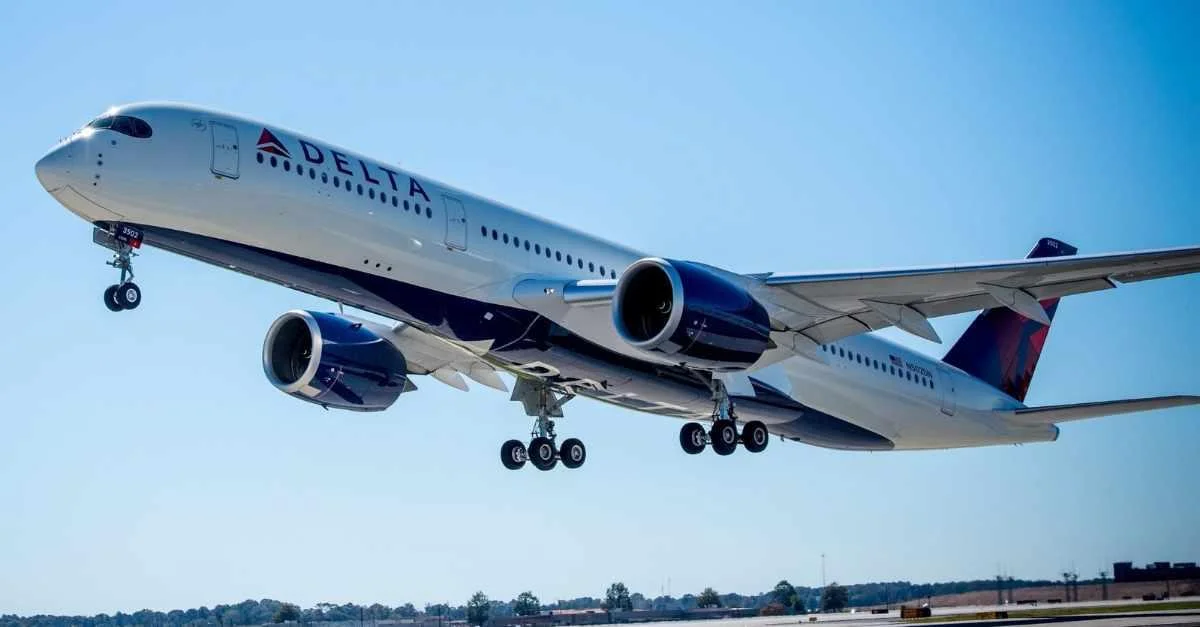Russia is facing significant challenges in its aviation industry due to Western sanctions that have isolated it from the international market. According to the Russian news outlet Kommersant, half of Russia's new A321neos and A320neos are grounded, with some likely never to fly again.
The majority of Russia's airliners, including those in Aeroflot's fleet, are Airbus and Boeing jets. Even domestically produced aircraft like the Sukhoi Superjet rely on engines developed through international partnerships. As these jets age, they will require retirement sooner than expected due to a lack of replacement parts and official maintenance services.
"Russia now plans to produce 994 passenger aircraft by 2030 - a trimmed but still incredibly optimistic estimate," states a report related to Russia’s domestic production target revisions. The country initially aimed for 1,000 aircraft by this date following its invasion of Ukraine.
 Alerts Sign-up
Alerts Sign-up









